Burma: Parliament receives thousands of new complaints of confiscated farmland
- The Irrawaddy
- 06 July 2016
Some 200,000 acres (81,000 ha) of farmland have been confiscated nationwide during past decades
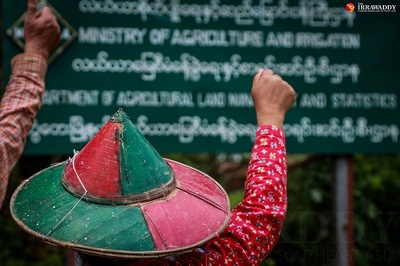
Some 200,000 acres (81,000 ha) of farmland have been confiscated nationwide during past decades

Investors could find farmland more appealing in the face of wider economic uncertainty.
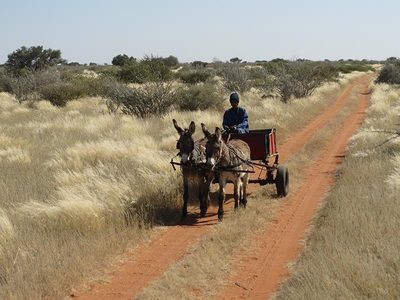
A total of 281 foreign nationals own 1.4 million hectares of agricultural land in Namibia, some in partnership with Namibians, Minister of Land Reform Utoni Nujoma revealed last week.
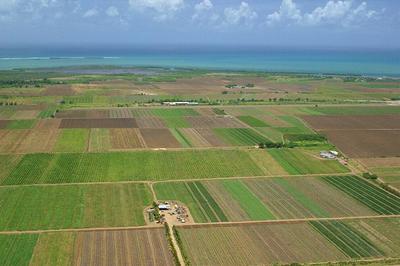
Although the local agriculture sector remains attractive to investors, there are ongoing issues with the legislation, which hampers the acquisition of farmland and the sale of crops at the best prices, according to legal experts.
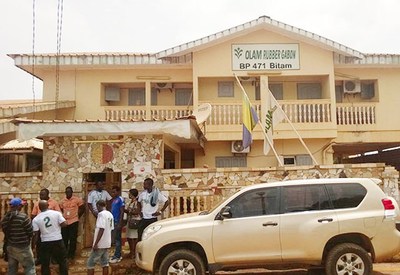
Olam has partnered with Gabon to develop 100,000 hectares of oil-palm plantations in the nation, which has a population of less than 2 million.

Offshore companies control 1.1 million hectares of rural land in Argentina. The government recently amended the Land Law by decree in order to promote further foreign investments in farmland.
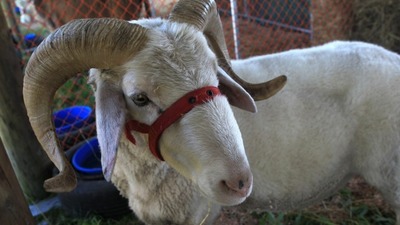
Opposition parties criticized the government for not revealing documents related to the expenditure of $11 million on a farm to breed sheep in Saudi Arabia for the interest of a Saudi businessman who owns a sheep farm in Hawke's Bay, New Zealand.

Reverend Father Maurice Kwairanga works with farmers in northeast Nigeria to fight large scale land acquisitions
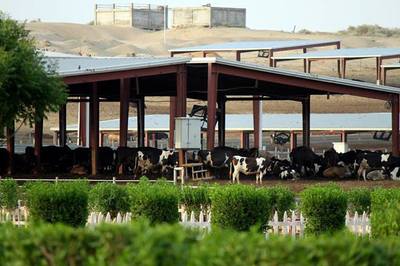
FrieslandCampina has acquired 51 % of Engro Foods Limited, the second largest dairy producer in Pakistan and owner of a 4,000 cattle dairy farm.
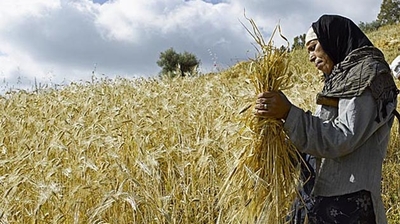
Selon l’Union tunisienne de l’agriculture et de la pêche le nouveau code de l’investissement permettra aux structures financières étrangères non agricoles d’acquérir et d’exploiter des terres agricoles en Tunisie
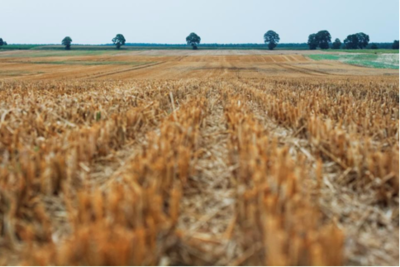
Romania’s Agriculture Ministry has drafted the law that regulates the purchase of agricultural land by foreigners.

New report for Acord International says land grabs are not a generalised feature of Brazilian, Chinese and Indian investment in African agriculture but some do raise major concerns